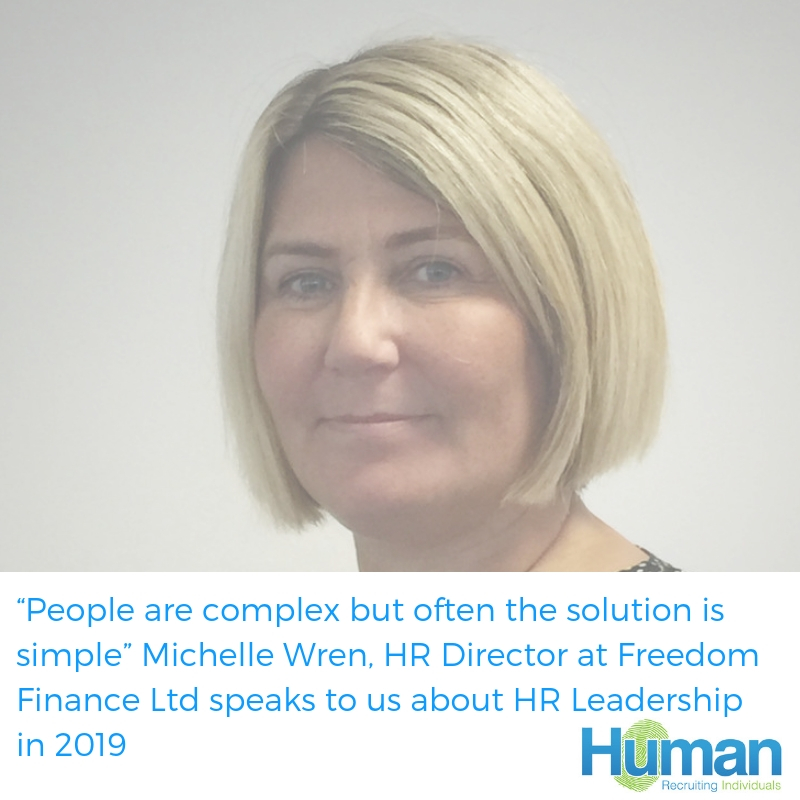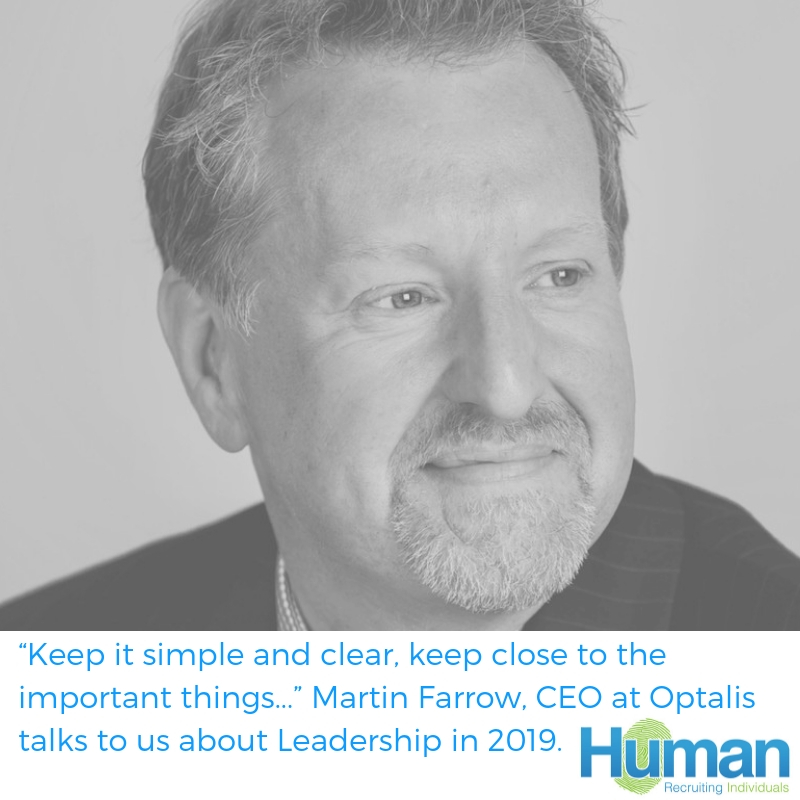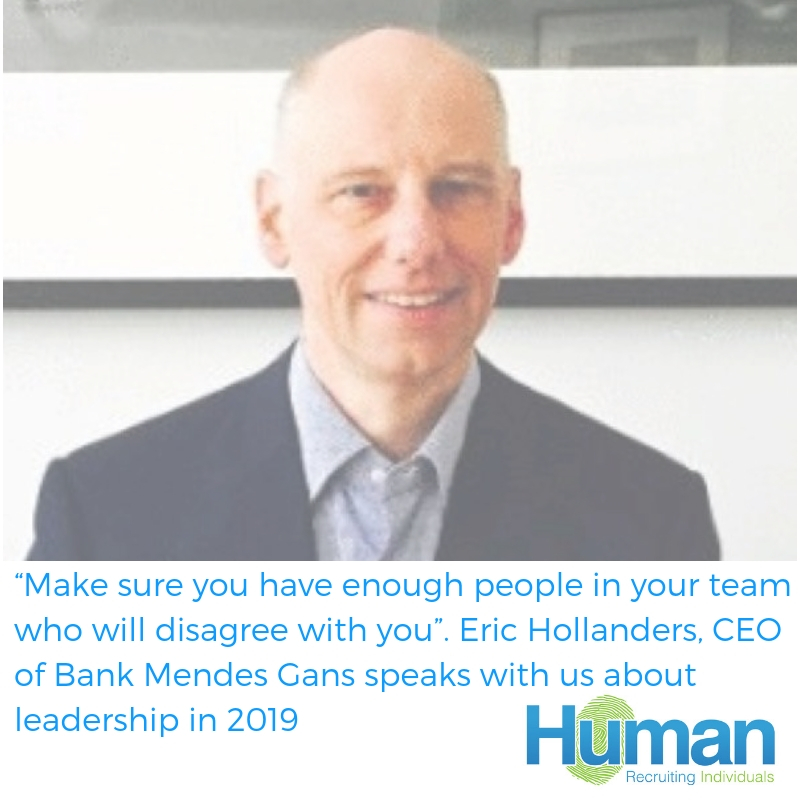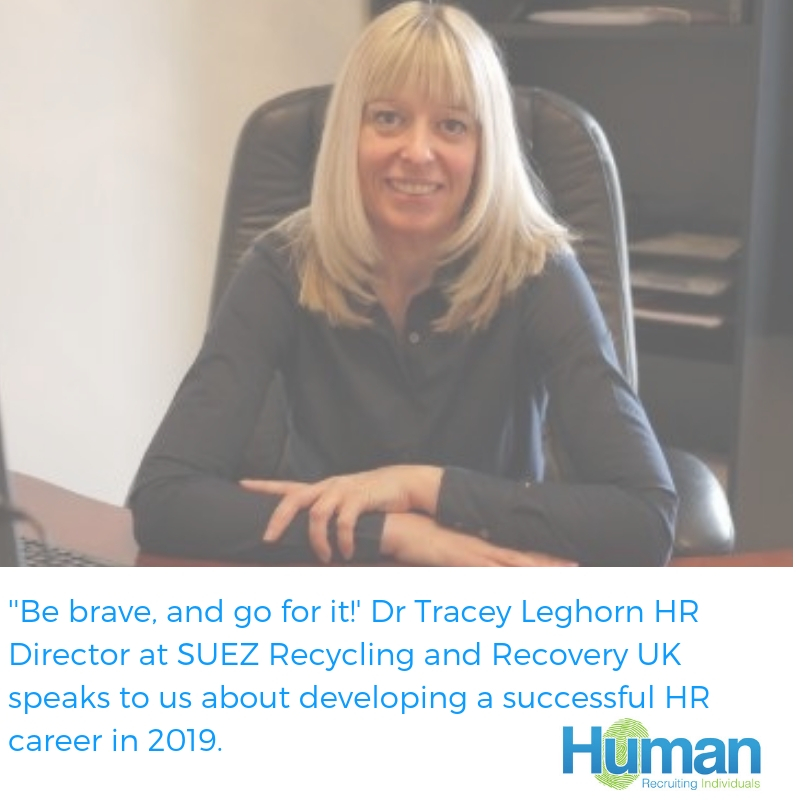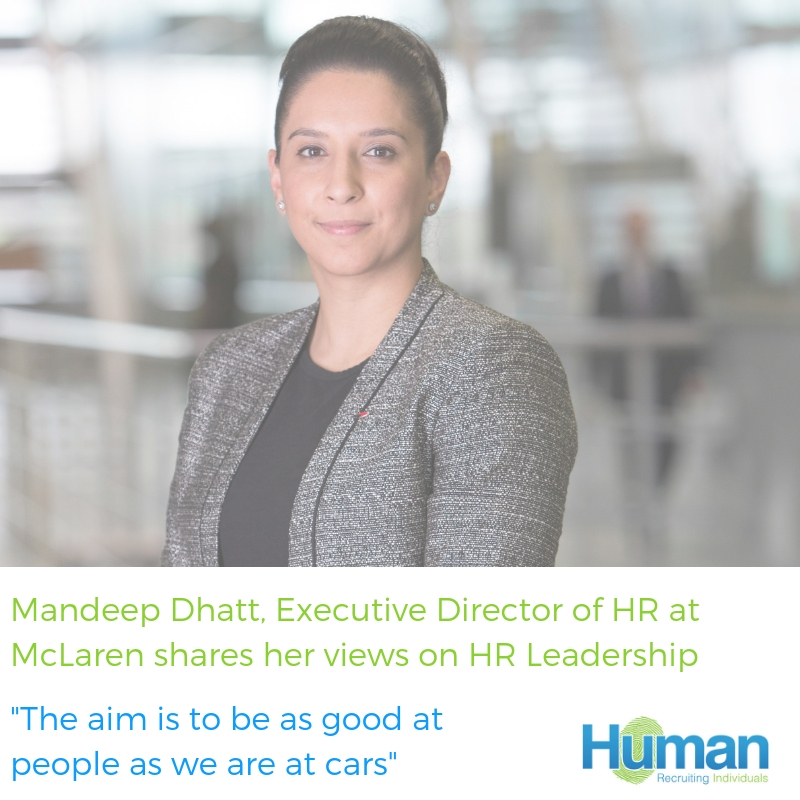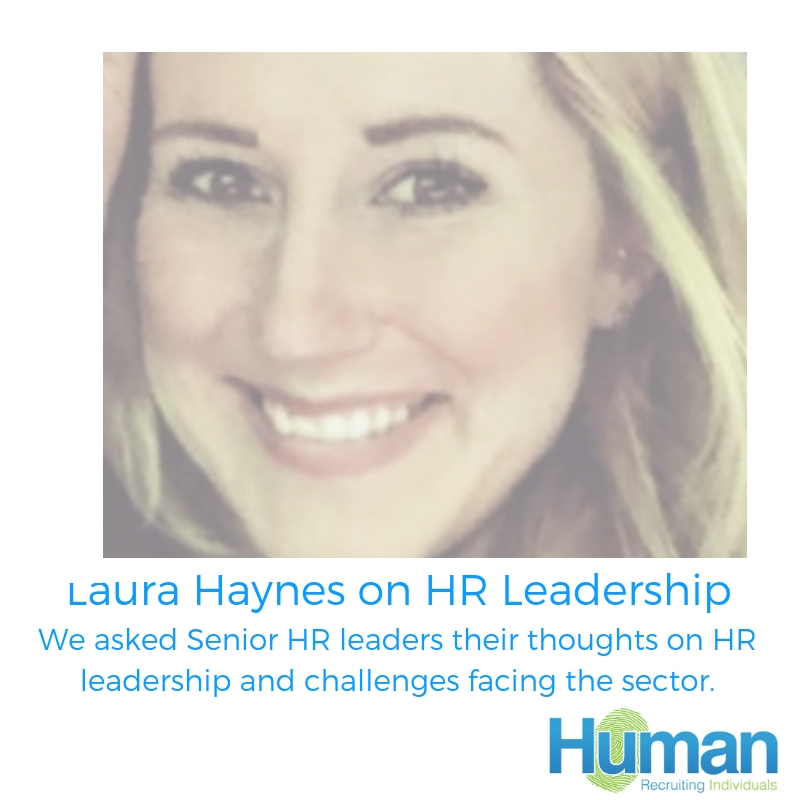“People are complex but often the solution is simple” Michelle Wren, HR Director at Freedom Finance Ltd speaks to us about HR Leadership in 2019
We’ve asked some Senior HR Leaders about their career and their current roles to inspire and inform future HR leaders. This week, we spoke to Michelle Wren, HR Director of Freedom Finance. Michelle started her HR career in 2006 as a Personnel & Development Officer for a leading property management company in Manchester. Michelle received her graduate certificate in Human Resource Management from Salford Business School in 2011. We asked Michelle a few questions about HR leadership in 2019. What makes a successful HR Leader in 2019? I think it’s key to always remain very approachable and hands on. It’s important to be pragmatic and take a balanced view of the situation. I know what’s going on in the business, I understand what’s going on with our people and that’s not always directly related to the business. I am a big believer in not over complicating things and keeping them simple. Some issues can be tricky to overcome because you’re dealing with people and people are complex but often the solution is simple. You have to consider people’s emotions, their strengths, their weaknesses and their ambitions. Keeping it simple and understanding things from everyone’s perspective has really helped me support teams throughout my HR career. What led to you entering the HR field? I didn’t know what I wanted to do for a long while until I met a fabulous woman who sat me down around 15 years ago. It was then I was told everything on my CV pointed to HR. I had never thought of HR before this. I’ve preferred customer focused roles in the past. I really enjoy talking to customers and people, while remaining a proper level of distance. After that I went onto my CIPD level five within a smaller organisation of around 57 people. It was there that I built my HR career and I’m proud that a lot of things I put in place there are still in place. From there I was hooked! I loved seeing how HR protected the business and helped get the best out of people. It was a big learning curve for me, but it was exciting! What are the prevalent themes of challenges the organisation is facing with regards to HR? The biggest concern for us at the moment is recruitment. People are adapting and have changed their expectations of roles. Candidate attraction is a key theme for us at the moment. Employer branding is a big piece of this puzzle. We’re in competition with a lot of organisations. We recruit a lot of IT professionals, we’re finding that IT professionals want a lot of home working. So, we need to adapt to attract the top talent. We’re adopting flexi time and implementing some home working policies. How has Recruitment changed within Freedom? We changed how we approached recruitment back in 2014. We were heavily reliant on agency and agency costs were high. We now have an in-house recruiter and 90% of her role is Recruitment. We use various sources; Job Boards, LinkedIn, Social Media. But a key focus is internal recruitment. We do a lot of internal promotion. That’s something we’re very proud of. We have a good succession plan in place. The last time we looked at our internal development it was over 45%. So we promote our talent and develop them through the business which also supports our employer branding. We have a contact centre which is where much of our team enter the business. It’s a really good incubator for the business. I’m not sure that the contact centre like it; they keep losing people. But that should be something that they’re really proud of. It’s a lovely feeling, growing people. Michelle has been with Freedom Finance for over 4 years and leads the HR function. If you would like to have a confidential conversation about your career in HR or would like support in growing your team, please get in touch today.

